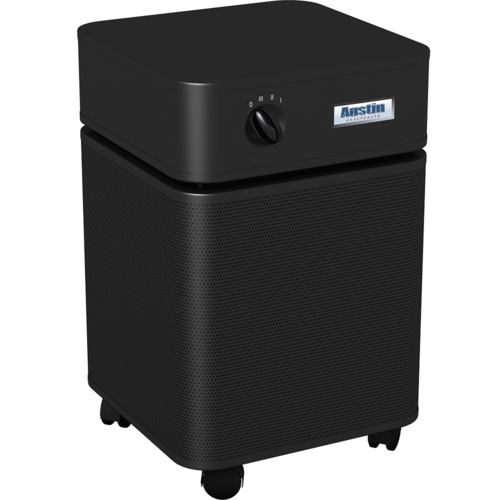Post Nasal Drip

Post-Nasal Drip: What Causes it & What Cures it?
By Dr. Kristie
If you experience a persistent cough and often feel mucous collecting in the back of the throat, you may be suffering from a common condition known as post-nasal drip or post-nasal drainage. The symptoms of post-nasal drip are annoying and can become chronic in some cases.
When mucous drainage becomes chronic it can create other problems such as hoarseness and bad breath – not symptoms most people want to deal with. What causes post-nasal drainage and what can you do about it?
What are the Symptoms of Post-Nasal Drainage?
Most people who have post-nasal drip complain of the sensation of mucous sticking in the back of their throat. This can lead to a chronic, persistent cough that’s most pronounced in the morning or when lying flat in bed at night.
Post-nasal drainage can trigger sleep problems and snoring – making it difficult to get a good night’s sleep. Some people also experience nausea when too much mucous builds up in back of the throat.
What Causes Post-Nasal Drainage?
The most common cause is allergy which may be seasonal, such as hay fever, or non-seasonal type allergic reactions to dust, animal dander, or dust mites. Inflammation of the sinuses due to infection can also cause post-nasal drainage and the symptoms usually resolve once the infection is cleared - unless there are underlying allergies.
Pregnant women are more susceptible to post-nasal drip because they experience a condition known as pregnancy rhinitis where the nasal passages become inflamed from hormonal fluctuations.
In some cases, gastroesophageal reflux disease or GERD can cause symptoms of post-nasal drip. Post-nasal drainage is also more common in people who have nasal polyps or a deviated septum.
What Can You Do About It?
The goal in treating post-nasal drainage is to thin the thick, mucous secretions. This can be done by drinking more water and using guaifenesin-based medications available over the counter such as Mucinex.
Running a humidifier at night can improve hydration and help to thin out thick secretions that cause symptoms. Nasal saline sprays are also helpful for reducing post-nasal drainage. This approach should always be tried first since it’s natural and doesn’t involve use of medications.
If the symptoms don’t resolve, an over-the-counter decongestant may help. If the symptoms fail to resolve within a week, medical evaluation may be needed to rule out a chronic sinus infection or nasal polyps. Nasal steroids or a prescription decongestant may be used to treat tough cases of post-nasal drip.
The bottom line?
There are a variety of causes of post-nasal drip, but it’s important to rule out nasal polyps or other anatomical problems if the symptoms are persistent.
About the Author
She is a Medical Doctor with a concentration in Family Practice. She also has an undergraduate degree in both Biology and Psychology and masters in Clinical Pathology.
 Disclaimer: Articles not intended to Diagnose, Treat, Cure or Prevent Diseases.
Disclaimer: Articles not intended to Diagnose, Treat, Cure or Prevent Diseases.
Issues | Conditions | Products | Testing



